As a vehicle owner, you may have noticed your tires make a loud screeching sound when you make a sharp turn. Minor sounds are abnormal but loud screeches are a cause for concern. To help you understand why this occurs, we have made extensive research and here are our findings.
Tires screeching is a result of the inability of the vehicle to maintain full traction when turning. Some of the causes of screeching when you turn are; acceleration, braking, worn-out tread, poorly inflated tire, misalignment of the vehicle wheel, etc.
If you continue reading this post, you will learn more about the causes mentioned above and ways you can stop the screeching. We would also talk about screeching in wheels and how to repair a wheel bearing.
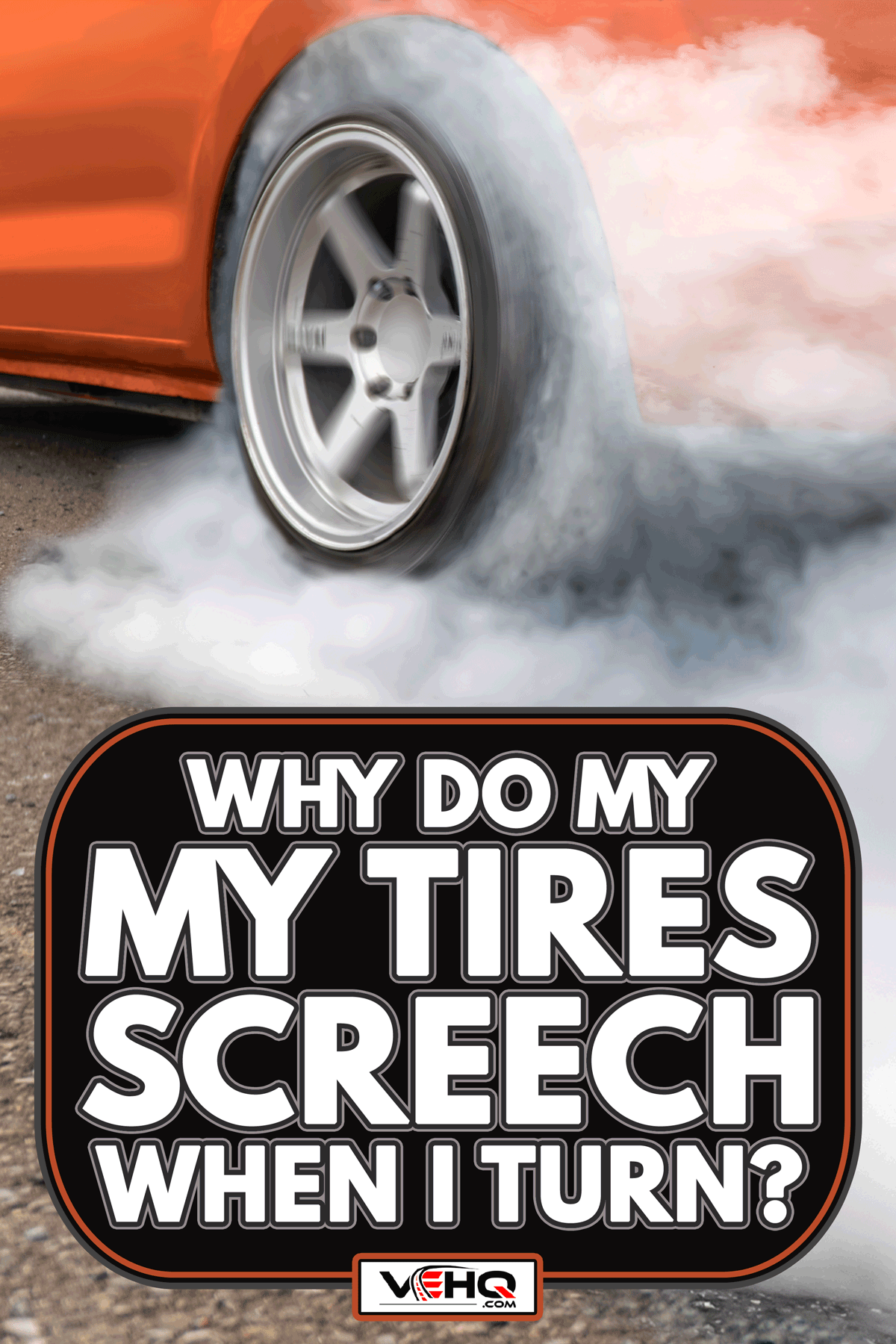
Why Do My Tires Screech and Squeal When I Turn?
During acceleration, turning, and breaking, you most often hear an unusual sound. This sound is caused by a tread skidding against the top surface of the earth. However, this doesn’t signify any issue in the vehicle.
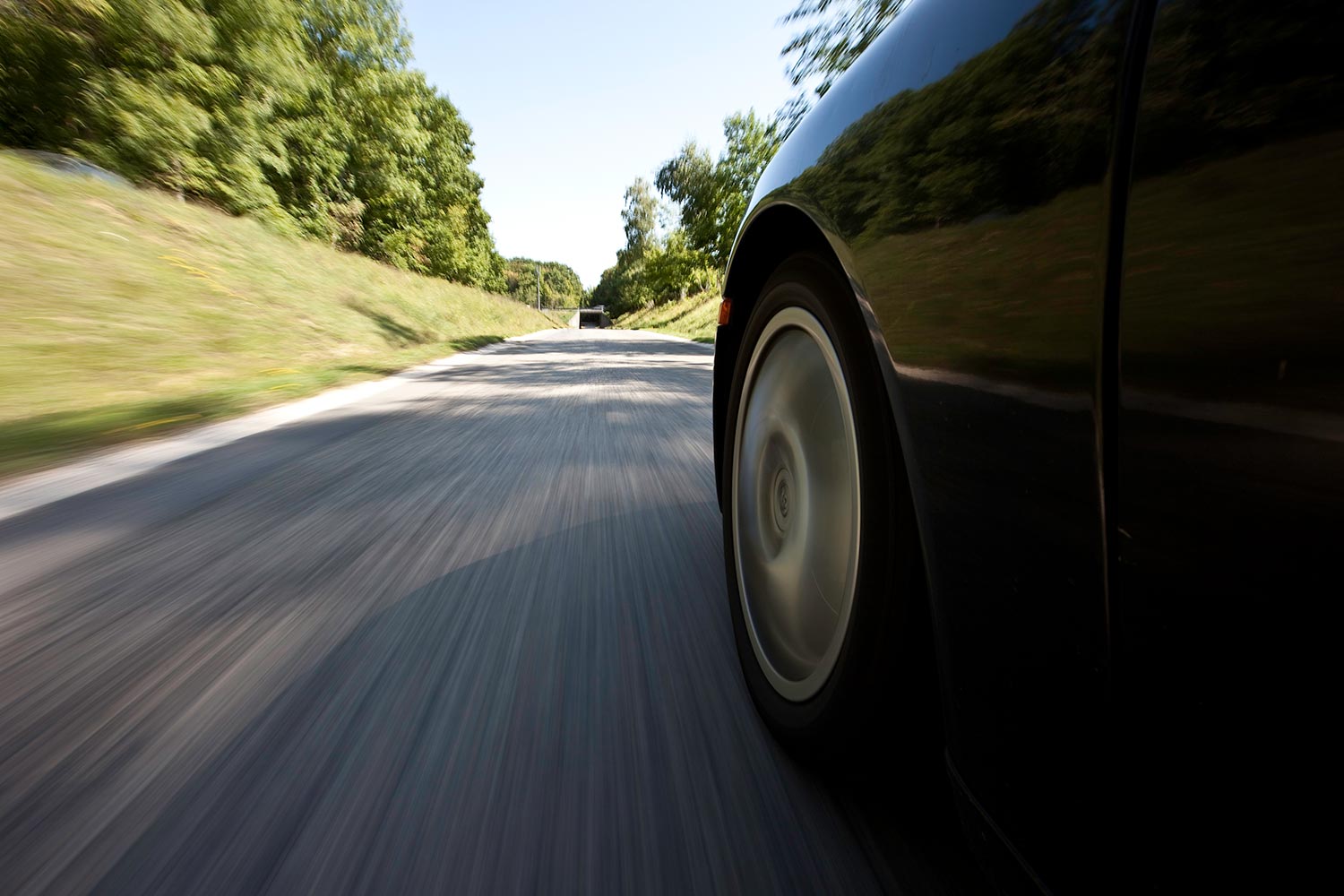
Abnormal screeches however mean there might be a problem you should check out. Here are some of the reasons your tires may produce a screech and squeal sound.
Acceleration
Tires will be caused to spin at an increased rate than they do initially during acceleration. It is called peeling out. The tire of the vehicle may slip before they regain complete traction. The squealing sound effect is heard when the rubber of the tread peels off and remains on the road.
Braking
If the vehicle experiences hard braking, tires will be caused to slow down and this leads to an increased speed. Your tires may screech or squeal to indicate that it has been dragged rather than rolling, and some rubber has been left on the ground.
Worn Out Thread
Tires that have been used over an extended period and are experiencing wear and tear will screech and squeal more. You may experience less road grip if you have irregular tread patterns. Taking turns, accelerating and braking will cause more cases of sliding to the tires.
Underinflation of Tires
Tires that are underinflated can not withstand the physical forces experienced when taking a turn. If the tires are properly aired, taking turns or accelerating will not cause any unusual sound because they are in a better shape and position.
When the vehicle's tires are lessened, it loses stable traction to turn the car smoothly. Rubber will come off sideways and this leads to a squeal. Also, the tread life of the tire is extended when tires are filled with proper pressure.
How Do I Stop My Tires From Screeching?
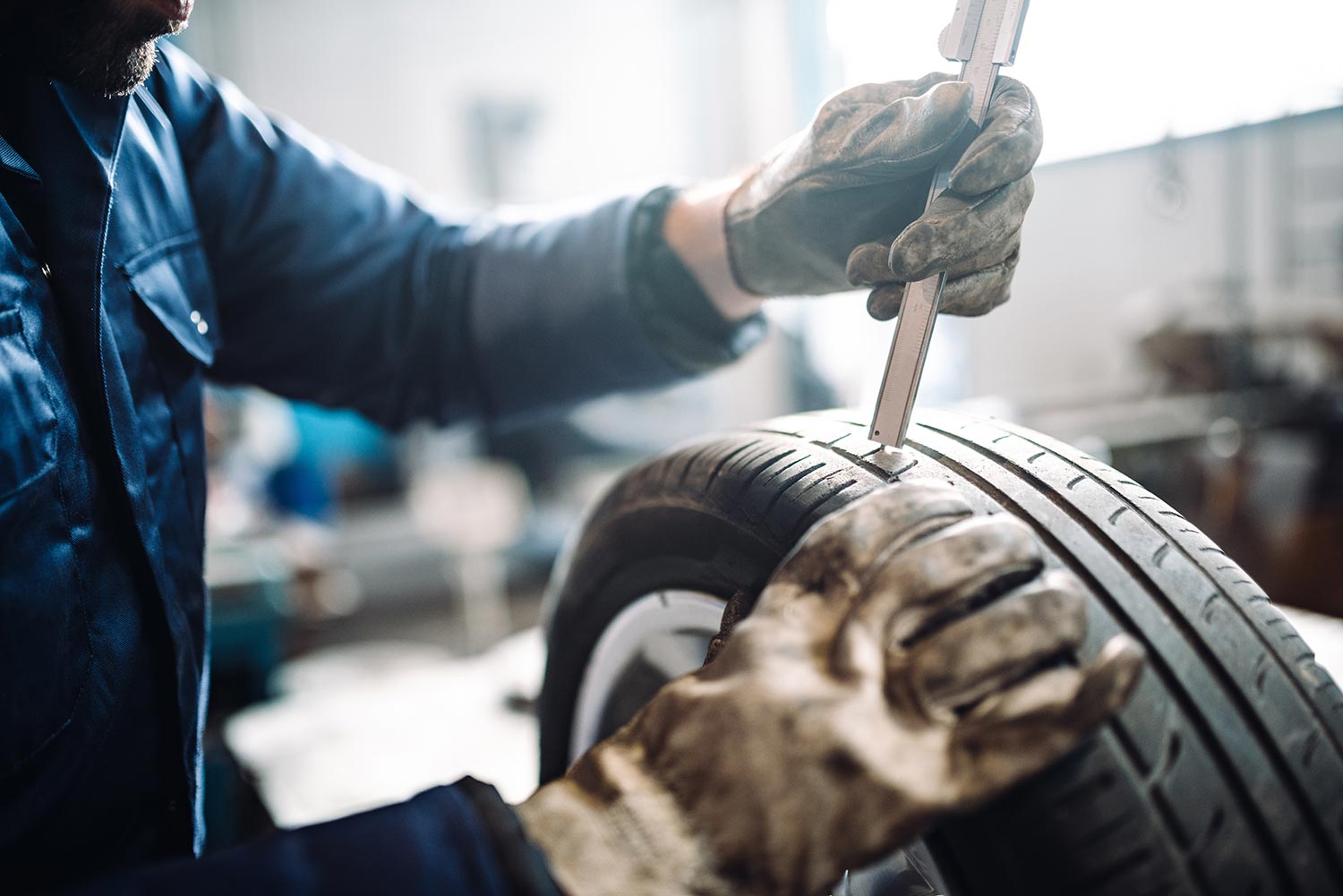
If the screeching sound continues, this can mostly mean your tires need maintenance and consideration of renewal if needed. To eliminate this sound that can be triggered by diverse causes, follow these steps:
- Regularly check the pressure of your tire.
- Control your driving habits.
- Carry out an effective tire maintenance routine.
- Have a regular tire maintenance schedule.
There are so many reasons your vehicle may experience a little issue when it comes to sliding on road surfaces and maintaining full traction. Any unusual noise that doesn’t feel right can be easily taken care of using the above information.
Is Tire Screeching Bad?
Screeching can be caused by different things, however, when your vehicle screeches, it doesn’t cause any damage to the vehicle. Rather it shortens the life of the tires and treads. burn-out screeching or sharp turns will quickly weaken the tire and tread.
This in turn will decrease the durability of your tires and equally stress out the engine and transmission. Considering the tire model, most screeching and squealing are warning signs of a faulty tire but not damage.
Why is My Wheel Making a Screeching Sound?
Simply put, squeaking or screeching is the result of two materials moving against each other. This can also be noticed when rubbing your hand on a wet glass or rubber.
When this occurs, it can be harmless but when a vehicle collides with an external material, this can cause damage. Here are some of the various reasons your car wheel is making a screeching sound.
Bad Road Conditions
Poor road conditions contribute to the repeated squeaking sound heard when driving. If the road is under construction, tires may experience wear out and it adds extra vibration due to the rough road.
The Car is New
Another case that can lead to a short squeaking, Is when your car is newly bought or cleaned. Be properly informed of the right products to use when cleaning your car, as the wrong ones can find their way into the vehicle's tires and wheels’ rubber.
For your first drive, after you’ve washed your car, you may observe a few squeaks and screeches but this is meant to stop after a few more rides.
The Vehicle's Suspension Needs Lubrication
The purpose of a vehicle's suspension is to keep you comfortable as you drive your car. Another of its functions is to minimize forces from the collision with potholes and uncommon surfaces whenever you drive.
For newly purchased cars, the sealed parts are the suspension pieces that need to be lubricated. But for older cars, if the wheels screech after going over a bump, it is due to suspension.
The Brakes Pad Are Almost Worn Out
Most brake pads carry an inbuilt “squealer”. This is a metal part used to give a warning sound when the brake pads are depreciating.
It was designed in a way that the squealer will meet with the brake and rotor, this process leads to a loud screeching when you apply brakes.
Some other reasons a vehicle's wheel is making sounds are;
- Non-replacement of bad tires
- The vehicle is not aligned
- The car chamber has been tweaked
- Lack of proper tire inflation
- The wheel surface may be peeling out.
Can Bad Alignment Cause Squeaking?
A suspension system that lacks alignment can cause the tires to drag on the road surface rather than roll smoothly. Bad alignment can cause tire and tread to have a squeaking sound when driving.
Can a Wheel Bearing Squeak?
A common wheel bearing used is the ball bearing and it helps to reduce friction when the wheel is moving. You're most likely not sure if your wheel bearing is causing the squeaks or not
A faulty or damaged wheel bearing develops sound which can be characterized as chirping, growling, or squeaking noise. A simple way to confirm that this sound is coming from the wheel is if it changes in standard to vehicle speed. As more turns are made, more squeaking sound is produced.
What Does a Misaligned Tire Sound Like?
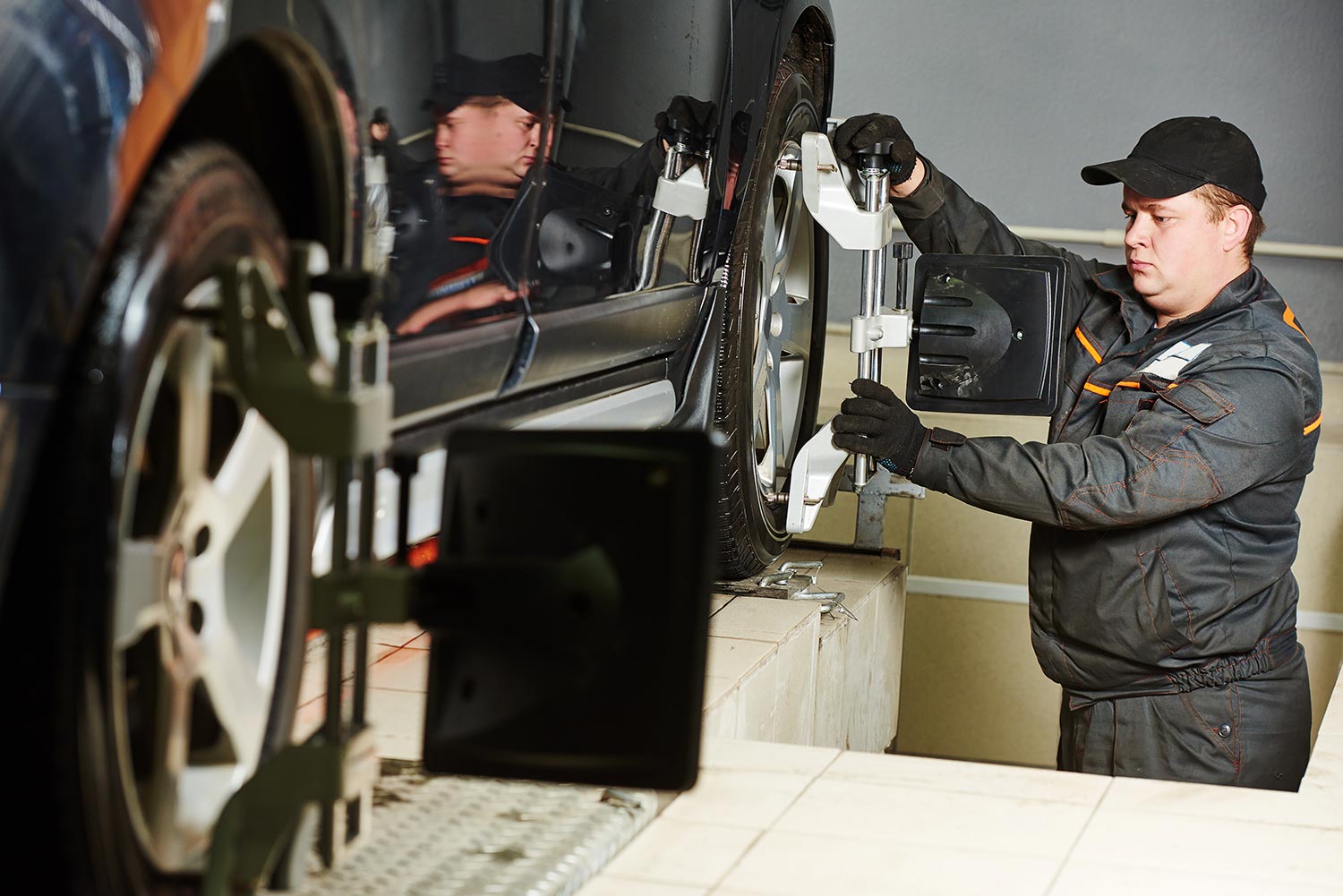
Once your vehicle's alignment begins to develop issues, an obvious change you will notice is the change in tire noise. As you drive a long distance or travel, the air chamber would produce a deep and low humming sound.
Once your vehicle is due for a wheel alignment check, you may experience a more rigid and uncomfortable ride. The sounds coming from the chamber will get louder and tires will begin to make irregular movements.
How Expensive is It To Replace a Wheel Bearing?
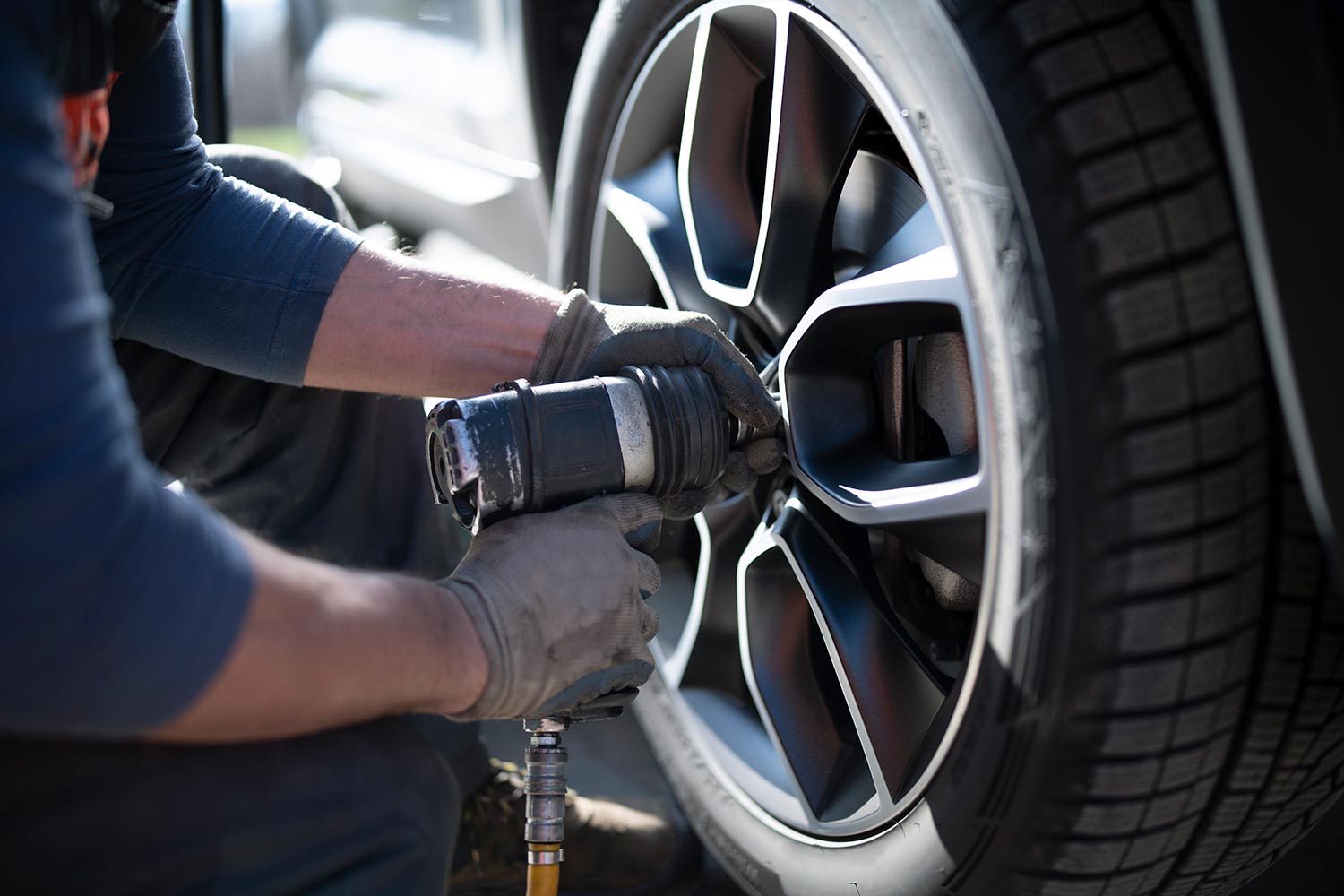
Wheel bearings can last for at least 100,000 miles. However, with frequent use and stress out on it, it will eventually need a replacement. A faulty wheel bearing should be replaced to prevent further damage.
Like every other automobile part, the cost to replace a wheel bearing varies based on the vehicle's model. Purchasing a new wheel hub that is more labor-friendly and costs more than a new wheel bearing. Generally speaking, a wheel bearing will cost you around $50 to $120, while a new wheel hub will cost about $200 to $500.
Always consider getting a wheel bearing of high quality because those of low price have degraded quality. A new wheel bearing costs a fine amount, and labor cost for installation ranges from $60- $300 at the estimate.
What Does a Blown Wheel Bearing Sound Like?
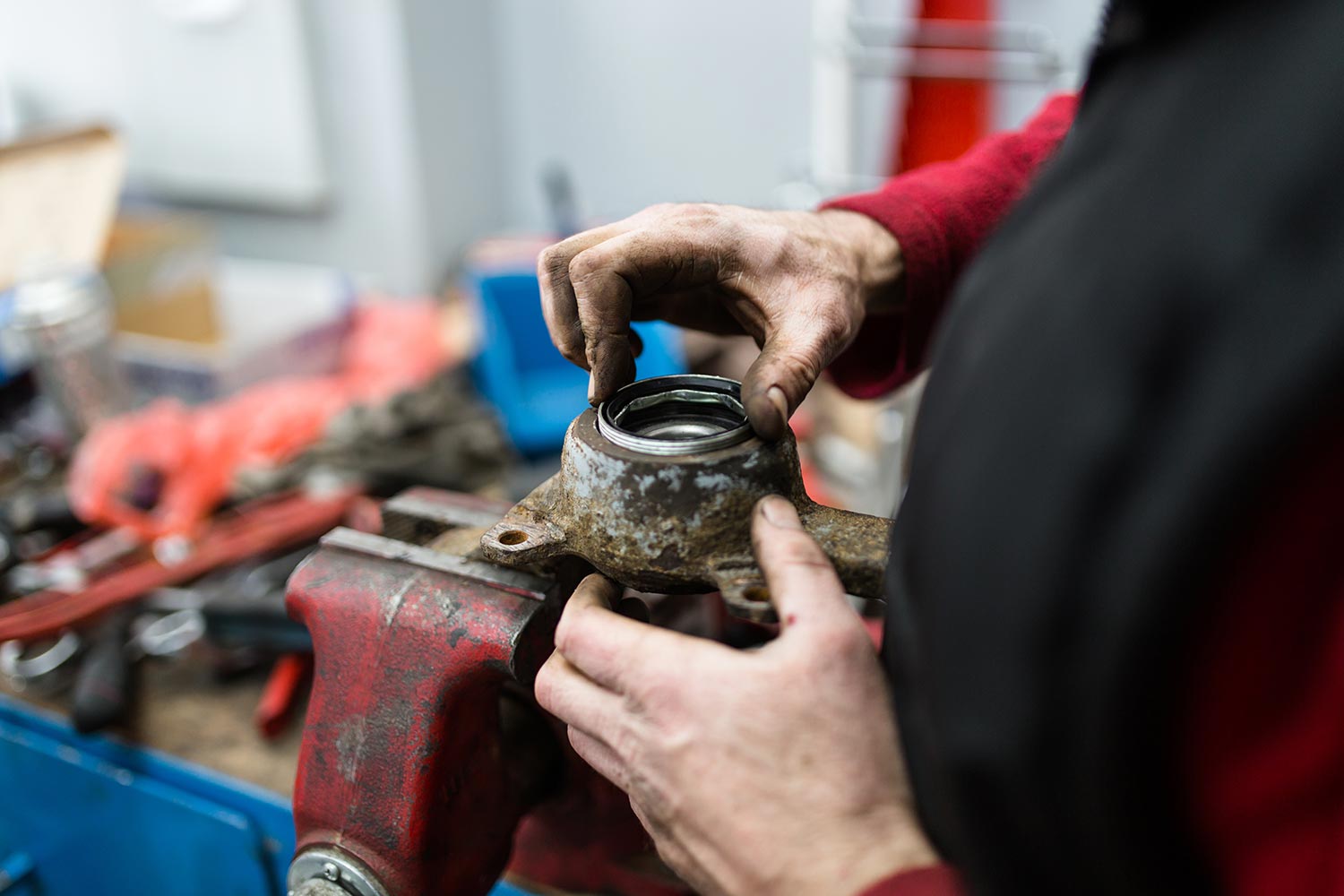
A bad wheel bearing sounds similar to road noise, so this can be a bit difficult to differentiate. To be clearer on the point, a bad wheel bearing sound is always a loud hum produced at the wheel. It could sound like a loud road noise from bad tires.
You may also hear snapping or clicking noises, this is sometimes also caused when CV joints are damaged. If the tires get extremely worn out ( which is rare in most cases) it can lead to abnormal tire wear which will cause loud humming or growling.
Summary
If your wheel is undergoing some irregularities in its function, you can always seek a renewal. With that said, we trust we were able to provide you with a comprehensive answer to the question. And believe that you would know what to do on any occasion of screeching from your vehicle tires.
To learn more about car tires, read these engaging articles:
How Long Do Spare Tires Last? [And How Far Can You Drive On Them]
